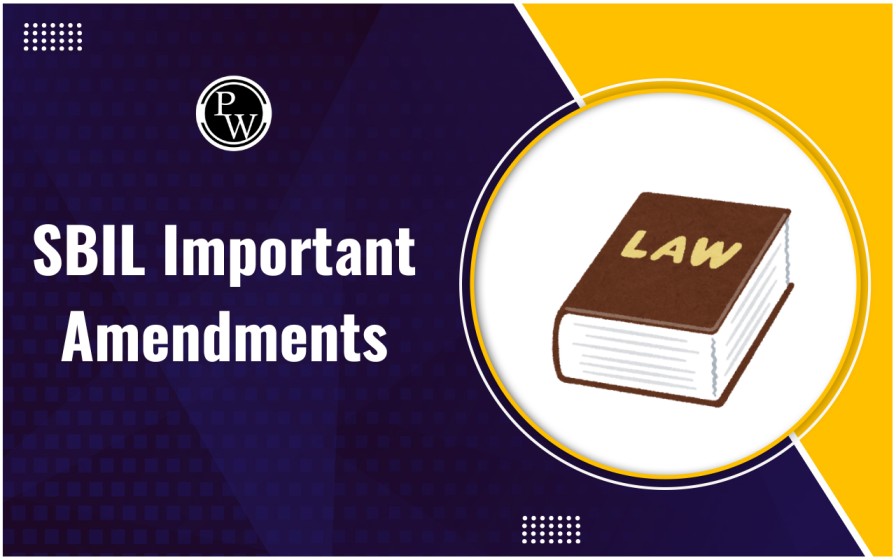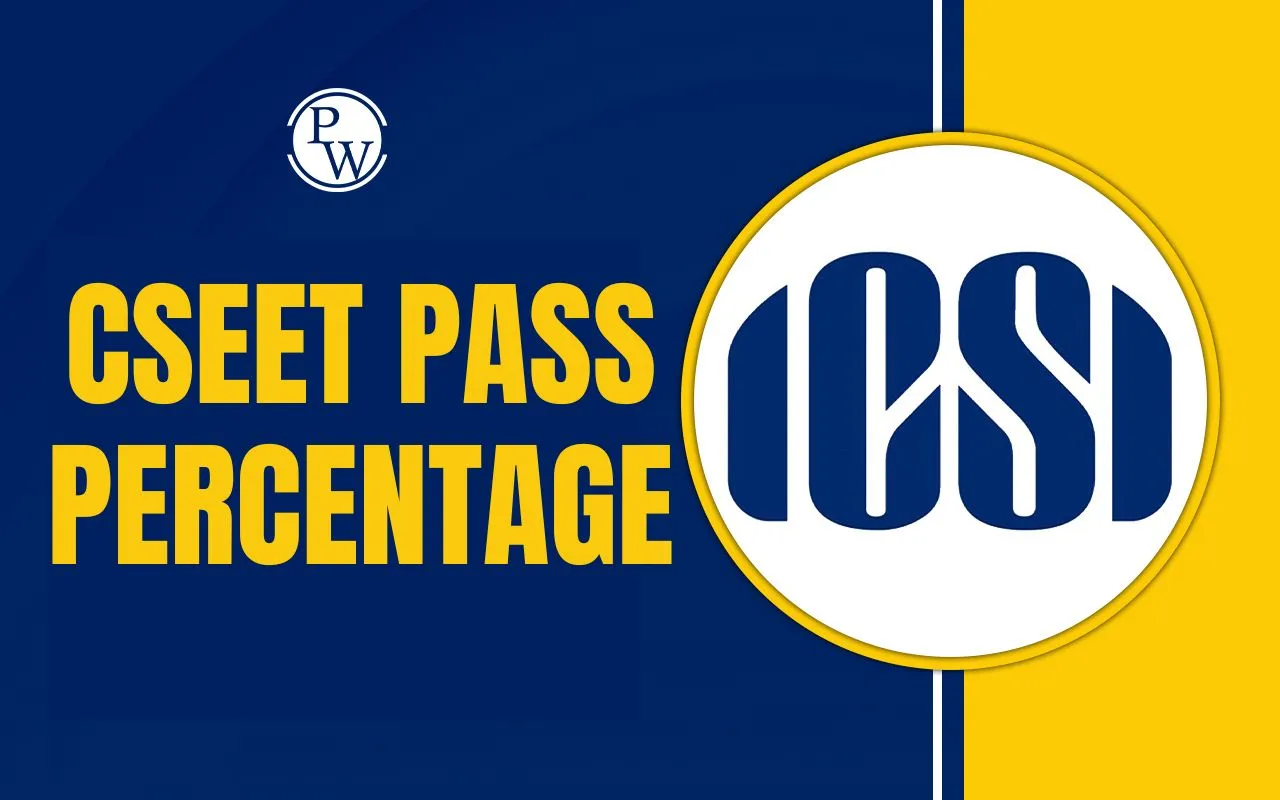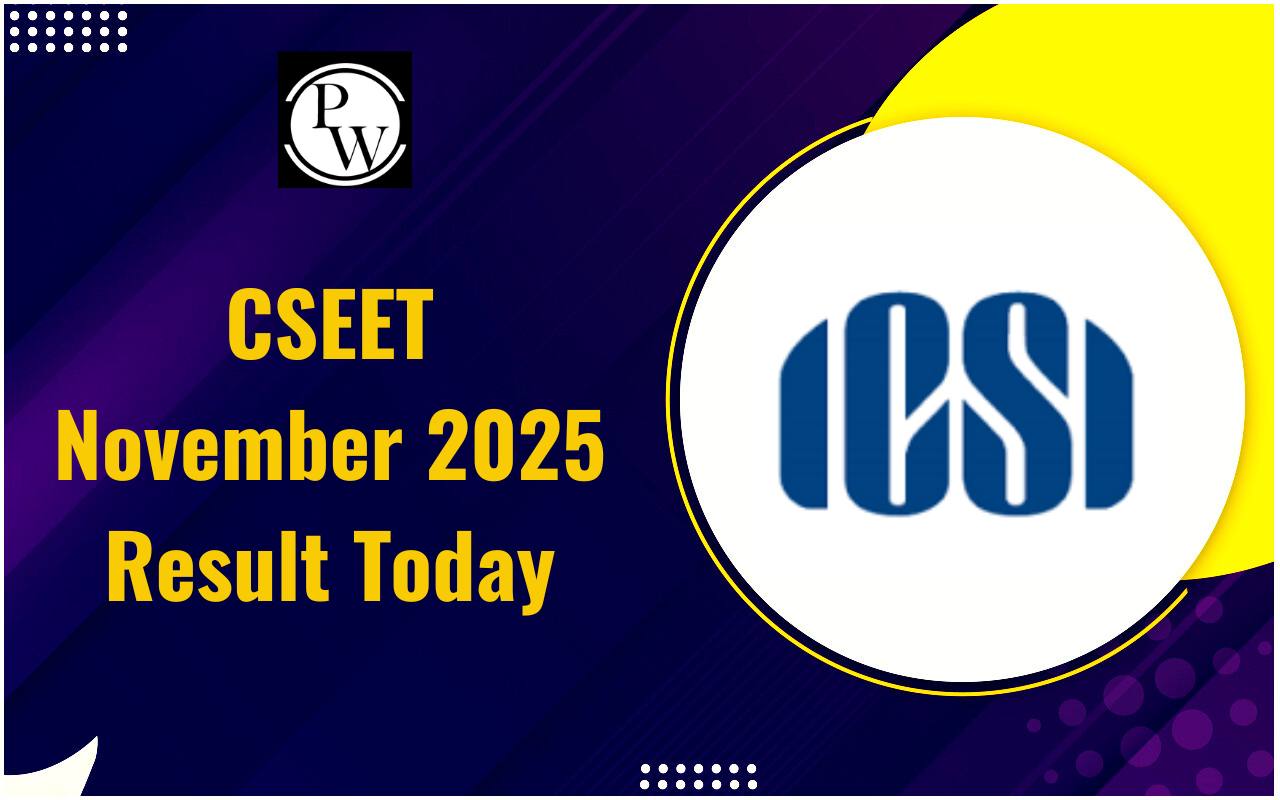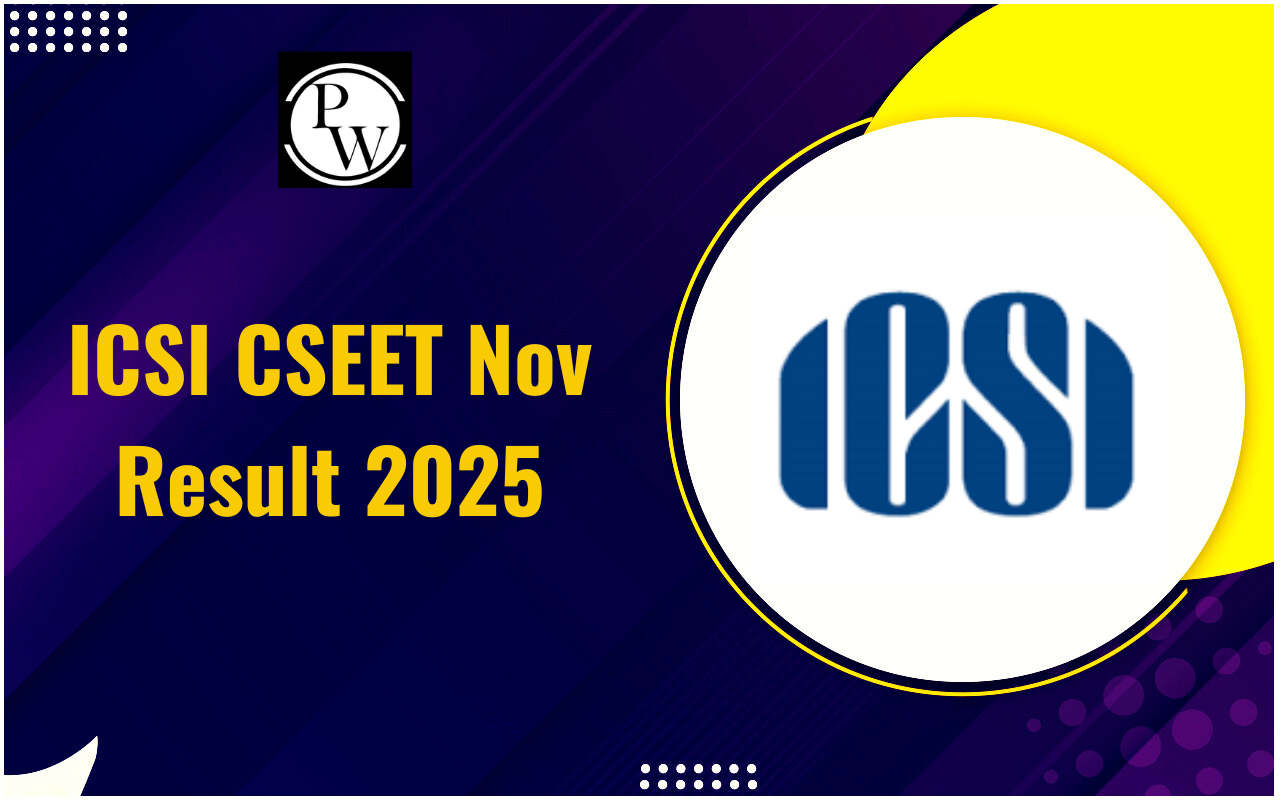
The Right to Information (RTI) Act, 2005, stands as a landmark legislation in India. It empowers citizens with the right to access information held by public authorities, fostering transparency and accountability in governance. This article delves into the key provisions of the Act for CS Exam , equipping you with an understanding of its significance and how you can leverage it.
Right to Information (RTI) Act, 2005
In a democracy, transparency and accountability are crucial for ensuring good governance. The Right to Information (RTI) Act, 2005, serves as a powerful tool for citizens to hold public authorities accountable and participate meaningfully in the democratic process. It grants every citizen the legal right to access information under the control of public authorities, subject to certain exemptions. Enacted in 2005, the RTI Act revolutionized access to information in India. It established a framework for citizens to request information from various public authorities and receive timely responses. The Act aims to:- Promote transparency and accountability in the functioning of government bodies.
- Empower citizens to participate effectively in decision-making processes.
- Reduce corruption and misuse of power.
Salient Features of the Right to Information (RTI) Act
The Right to Information (RTI) Act embodies several key features:- Right to Request Information: Any citizen of India can request information from a public authority in writing or electronically.
- Simple Procedure: The Act outlines a simple application process with minimal fees.
- Timely Response: Public authorities are obligated to respond to RTI requests within a stipulated timeframe, usually 30 days.
- Exemptions: Certain categories of information are exempt from disclosure under the Act, such as national security matters or personal information.
- Appeals Mechanism: If an applicant is dissatisfied with the response or receives no response, they can appeal to a higher authority within the public authority or to the Information Commission.
Also Check: Interpretation of Statutes for CS Executive
Obligations of Public Authorities
The Act places specific obligations on public authorities:- Proactive Disclosure: Public authorities are mandated to proactively disclose certain categories of information through various means, such as websites or public notice boards.
- Appointment of Public Information Officers (PIOs): Each public authority must designate a Public Information Officer (PIO) responsible for receiving and processing RTI requests.
- Maintain Records: Public authorities must maintain records efficiently to facilitate information access.
Designation of Public Information Officers (PIOs)
Each public authority is required to designate a Public Information Officer (PIO) responsible for:- Receiving and processing RTI requests.
- Providing information or reasons for denial within the prescribed timeframe.
- Transferring requests to the appropriate PIO if the request pertains to another department.
Right to Information (RTI) Act Exemption from Disclosure
The Right to Information (RTI) Act allows for exemptions from disclosure for certain categories of information, including:- Information that could affect national security, defense, or strategic interests.
- Information that could harm the relationship with a foreign country.
- Information that could endanger the life or safety of an individual.
- Commercial confidentiality or trade secrets.
- Personal information disclosure that has no public interest.
Right to Information (RTI) Act Information Commissions
The Right to Information (RTI) Act establishes a two-tiered structure of Information Commissions:- Central Information Commission (CIC): Oversees the implementation of the Act at the national level.
- State Information Commissions (SICs): Oversee the implementation of the Act at the state level.
Powers of Information Commissions
Information Commissions have the power to:- Order disclosure of information by a public authority.
- Impose penalties on public authorities for non-compliance.
- Recommend disciplinary action against erring officials.
Appellate Authorities
Dissatisfied applicants can appeal the decision of a Public Information Officer (PIO) to the First Appellate Authority (FAA) within the public authority. If the response from the FAA is unsatisfactory, a further appeal can be made to the Information Commission.Penalties
The Act prescribes penalties for public authorities and PIOs who fail to comply with its provisions. These penalties can include fines and disciplinary action.Jurisdiction of Courts
Courts generally do not have jurisdiction over RTI matters. Appeals and complaints regarding RTI requests are handled by the Information Commissions. However, courts can intervene in cases of blatant violation of the Right to Information (RTI) Act. Unlock your potential in corporate governance with PW Company Secretary Courses. Enroll now for expert-led training in company law, compliance, and corporate governance essentials.| Also Check: | |
| Law relating to Limitation | Law relating to Evidence |
| Law relating to Civil Procedure | Law of Torts |
| Constitution of India | Administrative Law |
Right to Information (RTI) Act, 2005 FAQs
What is the Right to Information (RTI) Act, 2005?
The RTI Act, 2005, grants Indian citizens the legal right to access information held by public authorities, promoting transparency and accountability in governance.
What are the main objectives of the RTI Act?
The Act aims to promote transparency, empower citizens in decision-making, reduce corruption, and ensure accountability within government bodies.
How can citizens request information under the RTI Act?
Citizens can request information from public authorities in writing or electronically, following a simple application process with minimal fees.
What categories of information are exempt from disclosure?
Exempt categories include matters related to national security, defense, foreign relations, individual safety, commercial confidentiality, and personal information without public interest.
What are the powers of Information Commissions established under the RTI Act?
Information Commissions have the authority to order information disclosure, impose penalties for non-compliance, recommend disciplinary action, and serve as appellate authorities for RTI matters.
🔥 Trending Blogs
Talk to a counsellorHave doubts? Our support team will be happy to assist you!

Check out these Related Articles
Free Learning Resources
PW Books
Notes (Class 10-12)
PW Study Materials
Notes (Class 6-9)
Ncert Solutions
Govt Exams
Class 6th to 12th Online Courses
Govt Job Exams Courses
UPSC Coaching
Defence Exam Coaching
Gate Exam Coaching
Other Exams
Know about Physics Wallah
Physics Wallah is an Indian edtech platform that provides accessible & comprehensive learning experiences to students from Class 6th to postgraduate level. We also provide extensive NCERT solutions, sample paper, NEET, JEE Mains, BITSAT previous year papers & more such resources to students. Physics Wallah also caters to over 3.5 million registered students and over 78 lakh+ Youtube subscribers with 4.8 rating on its app.
We Stand Out because
We provide students with intensive courses with India’s qualified & experienced faculties & mentors. PW strives to make the learning experience comprehensive and accessible for students of all sections of society. We believe in empowering every single student who couldn't dream of a good career in engineering and medical field earlier.
Our Key Focus Areas
Physics Wallah's main focus is to make the learning experience as economical as possible for all students. With our affordable courses like Lakshya, Udaan and Arjuna and many others, we have been able to provide a platform for lakhs of aspirants. From providing Chemistry, Maths, Physics formula to giving e-books of eminent authors like RD Sharma, RS Aggarwal and Lakhmir Singh, PW focuses on every single student's need for preparation.
What Makes Us Different
Physics Wallah strives to develop a comprehensive pedagogical structure for students, where they get a state-of-the-art learning experience with study material and resources. Apart from catering students preparing for JEE Mains and NEET, PW also provides study material for each state board like Uttar Pradesh, Bihar, and others
Copyright © 2025 Physicswallah Limited All rights reserved.
Get App









